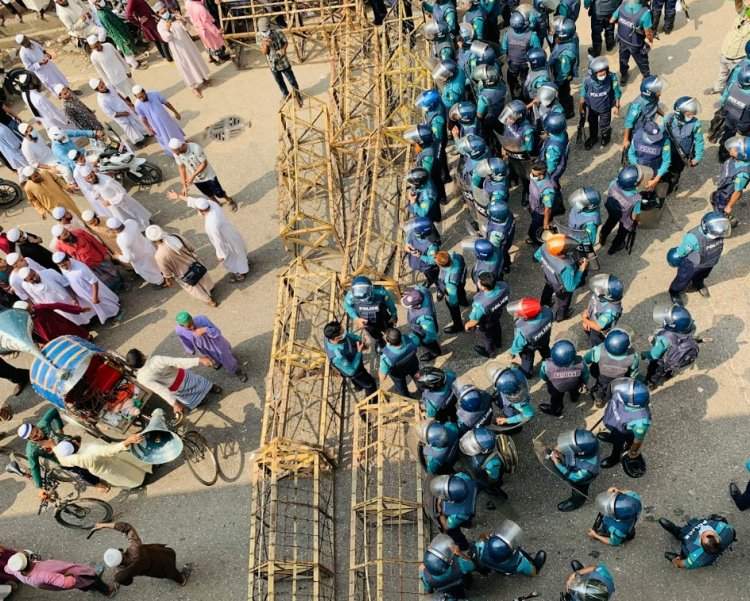Bangladesh’s 2024 elections end amid allegations of malpractice and violence, casting doubts on the country’s democratic integrity.

Bangladesh’s 2024 elections end amid allegations of malpractice and violence, casting doubts on the country’s democratic integrity.
Comments